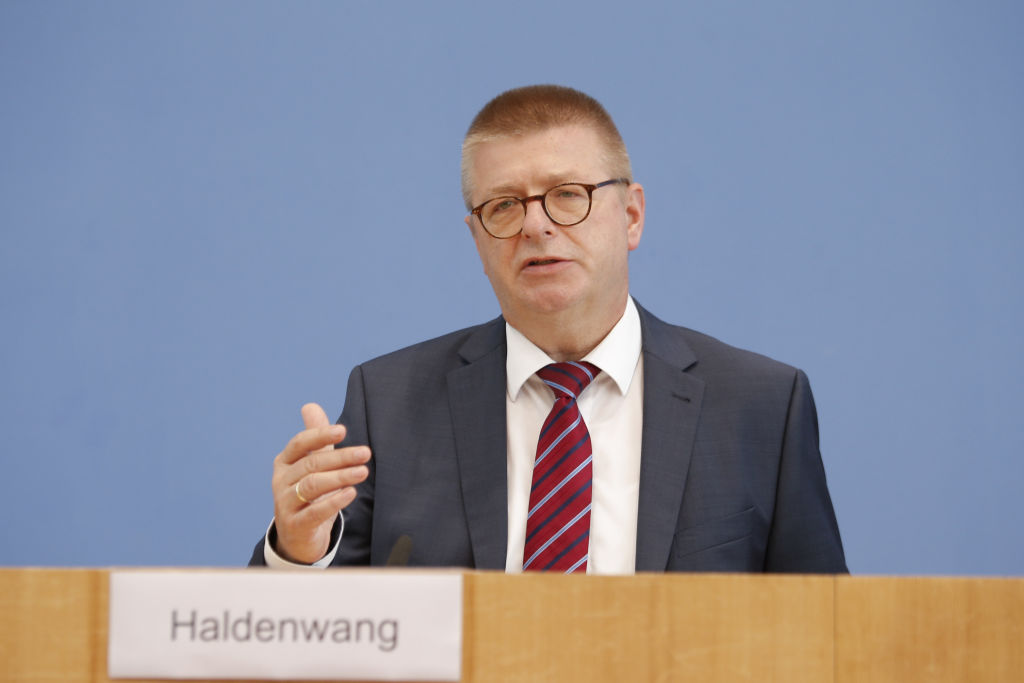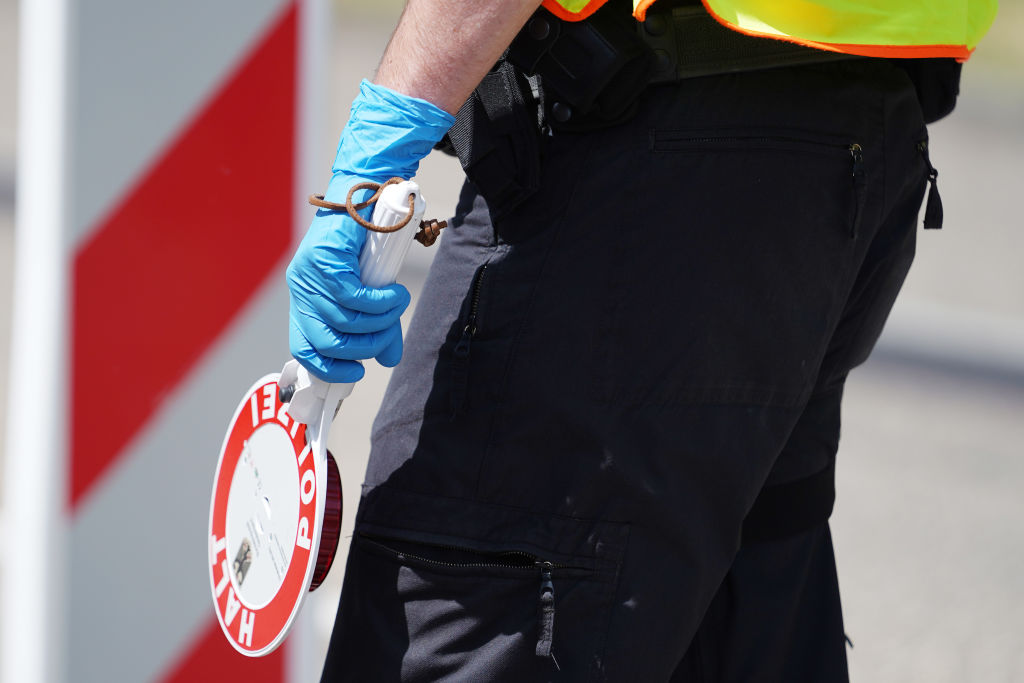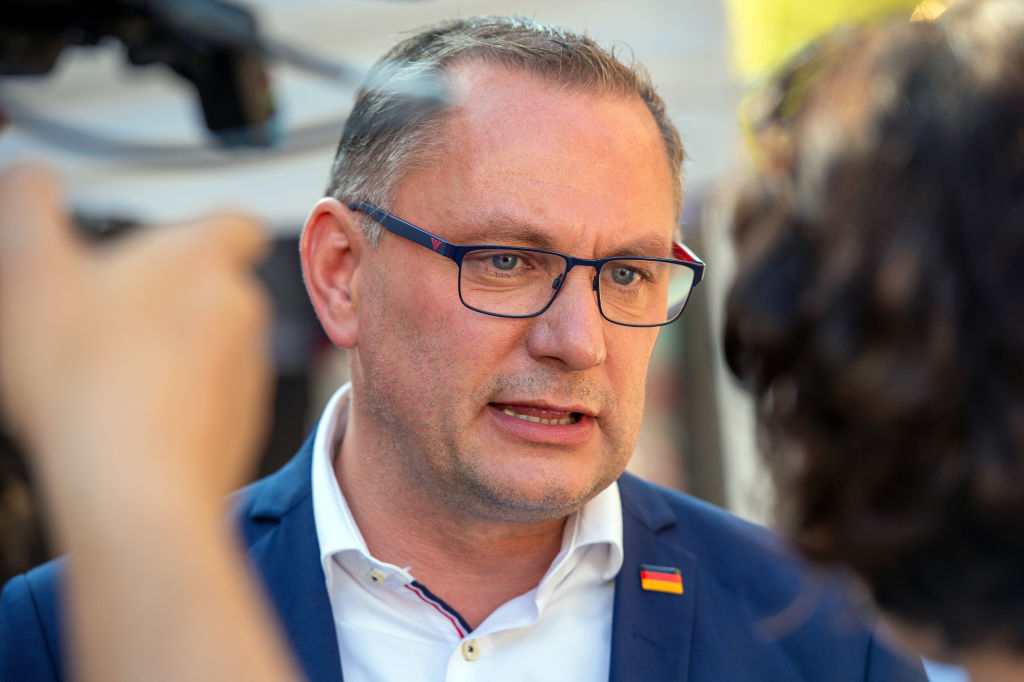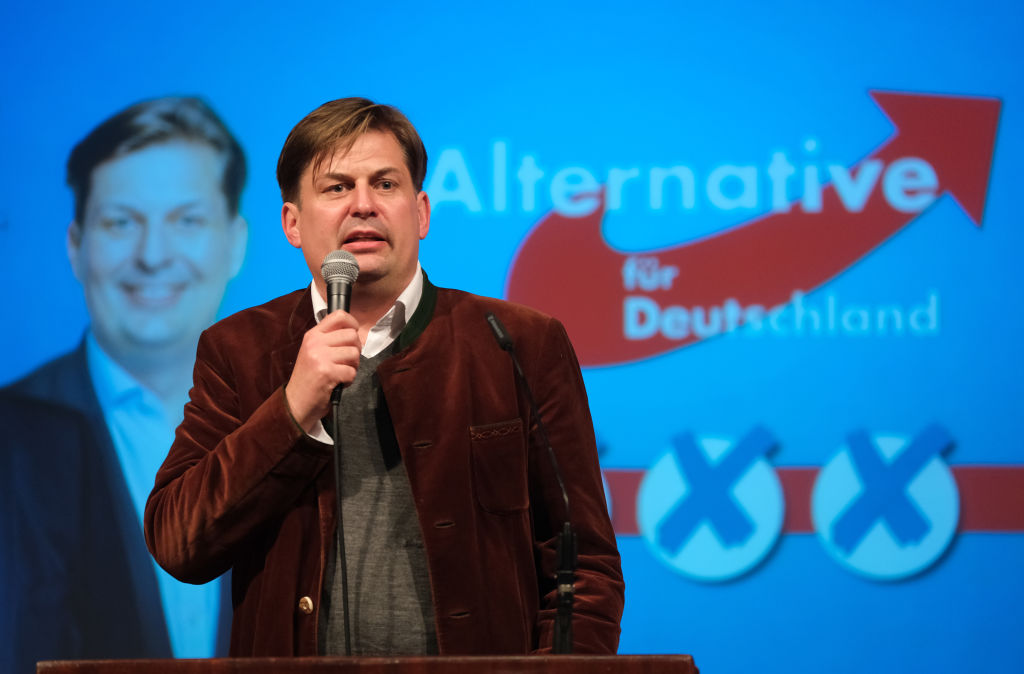Germany’s capital Berlin came to a “standstill” amid anti-government protests led by farmers.
More than 5,000 tractors and 10,000 people took part in the demonstration in response to recent austerity cuts to the sector by the country’s left-leaning Government.
According to a report by Der Spiegel, police had worked to prevent tractors from entering the city hours before the beginning of the formal protest by the German Farmers’ Association.






Chancellor Olaf Scholz’s traffic-light coalition had announced concessions to the farmers before the start of the protest, although those heading up the demonstration insisted protestors will not be satisfied until all of the planned cuts are reversed.
“Without stability in the countryside, without agriculture, our country has no future,” GFA President Joachim Rukwied told the gathered crowd.
“That’s why we are prepared to take to the streets.”
#Bauernproteste in Berlin: Bundesfinanzminister Christian Lindner wird mit einem Pfeifkonzert begrüßt. Niemand will Lindner hier sehen. #Mittelstandsproteste #B1501 #Ampelmussweg #Unternehmerproteste pic.twitter.com/RCeojwNEnu
— Markus Haintz (@Haintz_MediaLaw) January 15, 2024
The country’s finance minister Christian Lindner also asked to speak at the protest in the hope of reassuring those gathered that their concerns were being taken seriously by Government.
While this was welcomed by organisers, protestors were less enthusiastic, initially booing the Free Democratic Party official before chanting “get out”.
At the time of writing, ministers were expected to meet with senior members of the protesting organisations later on January 15 for detailed discussions regarding the austerity cuts.
WATCH: AfD ban could backfire, leading Social Democrat warns.
Read more at https://t.co/3BC2lO7b5q pic.twitter.com/pllQ0pMgpM
— Brussels Signal (@brusselssignal) January 4, 2024
The protest has been seen as the latest sign of political instability in Germany, which has witnessed a surge in both Left and Right populism since the beginning of the war in Ukraine in February 2022.
Along those lines, state-owned broadcaster MDR has noted the large number of farmers from the State of Thuringia attending the protest.
The so-called “free state” has become a hotbed of Alternative für Deutschland (AfD) support in the East, with recent polls showing the group to be the strongest party in the region, polling at 36 per cent.
Many politicians fear that that could result in Thuringia becoming the first to fall under the party’s control, with a regional election due to take place later this year.
At the local level, an AfD candidate won the first round of a district election on January 14. Uwe Thrum is now set to enter a run-off race with his Christian Democrat rival later this month.
WATCH: AfD ban could backfire, leading Social Democrat warns.
Read more at https://t.co/3BC2lO7b5q pic.twitter.com/pllQ0pMgpM
— Brussels Signal (@brusselssignal) January 4, 2024





